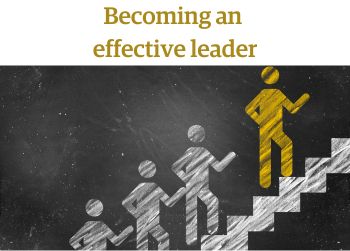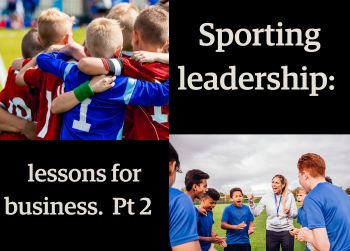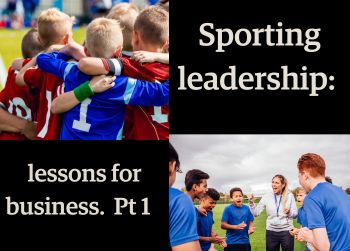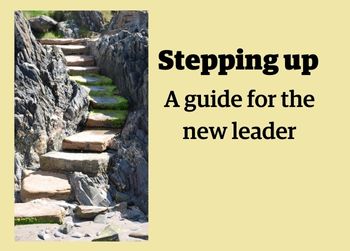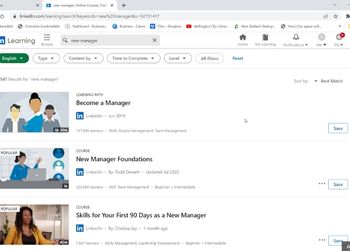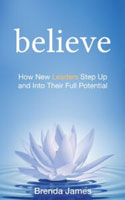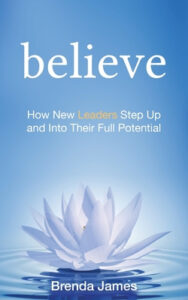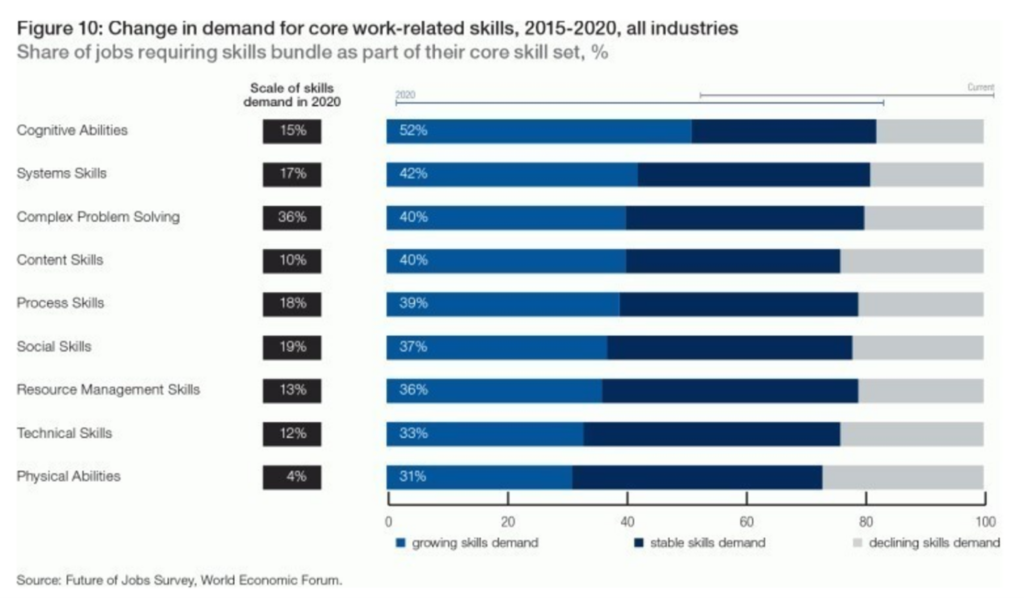Today’s blog is reproduced with kind permission of Pierre Woolridge.
Pierre, Effective governance, has distilled his many years of experience in roles with not-for-profit organisations, along with his work in strategic and business planning, into the recently published Getting to grips with Not-For-Profit governance : a snappy new book for new directors of incorporated societies wanting to get up to speed quickly and with confidence.
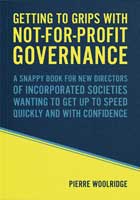
“With 24, 000 incorporated societies registered in Aotearoa, involving an estimated half a million volunteers in governance roles, Pierre’s aim is for his book to provide those newly elected to a board or a committee to get up to speed quickly and with confidence”.
In this piece Pierre discusses why leadership is critical in the NFP sector.
Leadership at the board level is essential
Leadership is a critical component of any organisation, but it is especially important in the not-for-profit sector (NFP) with its numbers of volunteers. As a board member, you are responsible for help to set the direction of the organisation and ensuring that it is fulfilling its mission. This requires strong leadership skills, including the ability to inspire and motivate others, make tough decisions, and communicate effectively.

The importance of leadership at the board level in the not-for-profit sector
The importance of effective leadership in the not-for-profit sector cannot be overstated. Here are some reasons why:
- First, not-for-profit organisations often have multiple stakeholders, including donors, volunteers, and the community. Effective leadership is essential to ensuring that all constituents are fully on board with the organisation’s mission, vision, and results. This requires strong communication skills, the ability to inspire and motivate others, and a deep understanding of the organisation’s mission and values.
- Secondly, not-for-profit organisations often face unique challenges that require innovative solutions. This is particularly so, as the bulk of the NFPs have board members who are volunteers. Effective leadership is essential to identifying these challenges and developing creative solutions that meet the needs of the organisation and its stakeholders. This requires a willingness to take risks, think outside the box, and be open to new ideas and perspectives.
- Thirdly, not-for-profit organisations are often under-resourced and face significant financial constraints. Effective leadership is essential to managing these constraints and ensuring that the organisation is making the most of its resources. This requires strong financial management skills, the ability to prioritise and make tough decisions, and a commitment to ongoing learning and development.
In addition to these reasons, effective leadership in the not-for-profit sector is also essential for building trust and credibility with stakeholders, attracting and retaining top talent, and achieving the organisation’s mission and goals.
Balancing Stakeholder Demands with Mission and Values
One of the key challenges facing not-for-profit organisations is the need to balance the demands of stakeholders, including donors, volunteers, and the community, with the organisation’s mission and values. Effective leadership at the board level is essential to achieving this balance and ensuring that the organisation remains true to its purpose.

To be an effective leader in the not-for-profit sector, it is important to have a clear understanding of the organisation’s mission and values, as well as the needs and expectations of stakeholders. You should also be willing to listen to feedback and be open to new ideas and perspectives.
Qualities of Effective Leadership in the Not-for-Profit Sector
- Understanding the organisation’s mission and values
- Listening to feedback and being open to new ideas
- Commitment to ongoing learning and development
- Ability to inspire and motivate others
- Making tough decisions
- Communicating effectively
As a new or aspiring board member, it is important to recognise the importance of leadership in the not-for-profit sector and to take steps to develop your own leadership skills. By doing so, you can help ensure that your organisation is well-positioned to achieve its mission and make a positive impact in the community.
******************************************************************************
Watch Pierre’s interview with Brent Edwards from NBR, in which they delve into the book’s contents, exploring topics such as:
– Why join the board/committee of an incorporate society?
– Do your values to align with the organisation’s?
– What’s the board looking for in a new director?
– Problems with personal agendas
– Profits are a dirty word – surplus are just fine
– Added responsibilities with the Incorporated Societies Act 2022
– Are boards ready for the big impact?
Read:
 Getting to grips with not-for-profit governence : a snappy book for new directors of incorporated societies wanting to get up to speed quickly and with confidence / Woodridge, Pierre
Getting to grips with not-for-profit governence : a snappy book for new directors of incorporated societies wanting to get up to speed quickly and with confidence / Woodridge, Pierre
“This book provides essential guidance for new and aspiring committee and board directors. Getting to Grips with Non-for-Profit Governance is the first printed NZ-specific book on governance on sale to the public for years. The book has been published against the backdrop of the new Incorporated Societies Act 2022. Getting to Grips with Not-for-Profit Governance provides the basics you need to know as a new or aspiring director.” (Catalogue)
Learn:
Supporting community governance in Aotearoa
Te tautoko i ngā mana whakahaere hapori ki Aotearoa.
We’re here to support great governance of community organisations across Aotearoa.
Māori Governance Video Toolkit
Designed to enhance the knowledge and skills of Māori trustees.
Institute of Directors NZ
“The Institute of Directors is the professional body for directors and is at the heart of New Zealand’s governance community.
We support and enable directors to add value to their organisations and wider communities and prepare them to positively transform the future.”
Charities Services
“Charities Services, Ngā Ratonga Kaupapa Atawhai, is part of the Department of Internal Affairs, Te Tari Taiwhenua, and administers the Charities Act 2005. We strive to be a modern, responsive, risk-based regulator focused on promoting public trust and confidence in the charitable sector and encouraging the effective use of charitable resources.”
About Pierre

Author Pierre Woolridge has based his new book on his decades of experience on the boards of not-for-profits.
His first board position was on a school board. Here he made use of his strategic planning, business planning, financial management, and economics background. He also attended a governance workshop or two run by the New Zealand School Trustees Association. Some years later he attended a UK based, six-month e-course for company board directors.
Prior to being on the school board, Pierre was a director and trustee in charge of investments of the BP and Europa Staff Credit Union.
He’s had the privilege of being elected onto several boards and invited to join or form a couple of brand-new finance (and risk and audit) committees, plus a strategy task force.
Getting to Grips with Non-for-Profit Governance is the first NZ-specific book on governance published for the public in many years.
The Incorporate Societies Act 202, requires all incorporated societies to re-register. They have from 5 October 2023 until April 2026 to do so. Getting to Grips with Not-for-Profit Governance provides the basics need for new directors and committee members.
If you need more information please contact the Prosearch team at the library. We can help you find information across a range of perspectives and resources. All enquiries are treated in confidence.


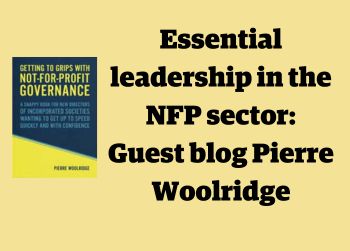

 On November 21, 1783, two Frenchmen made history by coming the first men to lift off beyond the earth in an air balloon.
On November 21, 1783, two Frenchmen made history by coming the first men to lift off beyond the earth in an air balloon. 





